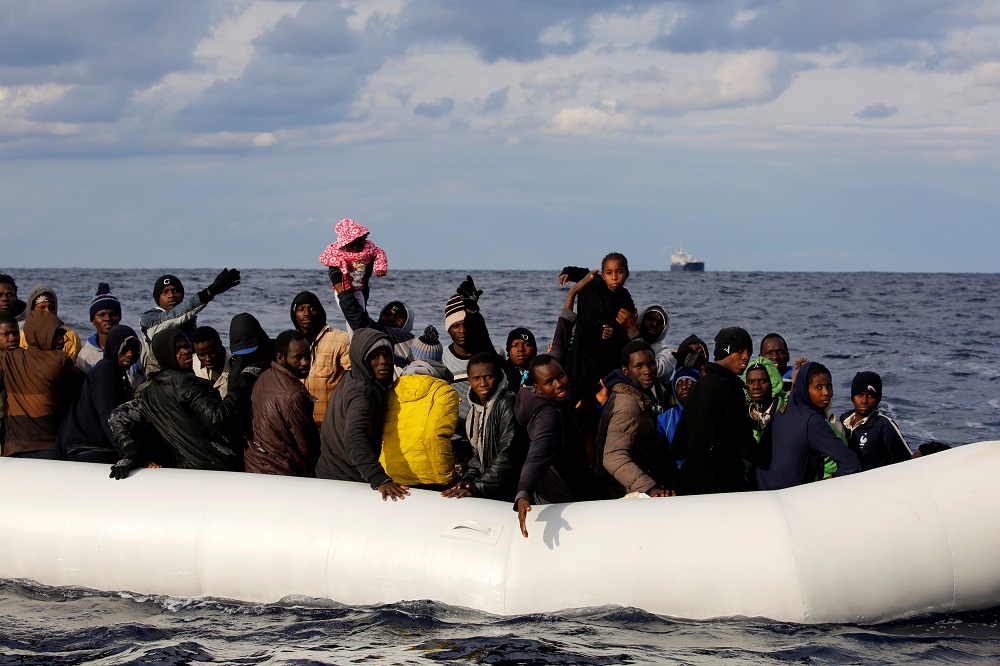Rome, London – An employee in the Italian Interior Ministry secretly visited Libya to reach deals with local warlords and coast guard officials in order to stop the flow of migrants to Europe.
If the events of the fictional film “L’ordine delle cose” by Andrea Segre seem familiar, it is because it highlights many real life developments.
In an interview with the German News Agency (dpa), the Italian director said: “I finished the script a long time ago, and while I was filming, I gradually realized that what I was imagining is actually happening.”
The film was launched in Italy on Thursday after being screened for the first time at the Venice Film Festival.
The film’s events, which are based on secret interviews with real Italian spies, tell the story of a man who was told to ask Libyans to stop all migrant boats because people can no longer handle their burden.
The film’s release comes in line with a wave of both praise and criticism against Italian Interior Minister Marco Minetti, also a former intelligence service chief, for his success in hindering migration flows.
Last month, only 3,900 people arrived in Italy, less than a fifth, compared to levels recorded in August of 2016.
The drop comes after an Italian move, with the approval of the European Union, to strengthen the coast guard capacity in Libya. Critics said that the measure had the hidden agenda to reduce immigration.
According to many media outlets, former Libyan militias have been preventing migrants from leaving due to secret arrangements with European authorities.
During a screening of Segre’s film at the Italian Senate, former Foreign Minister Emma Bonino said: “Until yesterday, we were, directly or indirectly, encouraging human trafficking.”
Bonino, a member of the radical party (a liberal Italian party) who also served as Commissioner for Humanitarian Affairs of the European Union, said that the closure of the migration route between Libya and Italy “is like returning people to hell.”
Amid the growing anti-immigrant calls, Minetti said: “Social and democratic stability in Italy would have been jeopardized if the government did not curb the flow of asylum seekers.”
In an open letter to the European Union last week, Doctors without Borders said that people who are no longer allowed to seek a better life in Europe face rape, torture and slavery in Libya.
“That’s what we’re showing in the film,” said Segre.
The director filmed life in camps run by militias in Libya, with brutal guards, random beatings and scattered bodies.
The Italian director said: “We have in our hearts thousands of people who may not die at sea, but they live in devastating slavery. There is also no real prospect of alleviating their ordeal.”
He also doubted that the United Nations had ever secured assistance, as suggested by Italian authorities.
Segre said all the secret agents he met before filming told him that the only way to do their job was to never think about the human aspect of their actions.
“For them, rule number one is: you should not look at these people as people, but to deal with them as numbers.”
